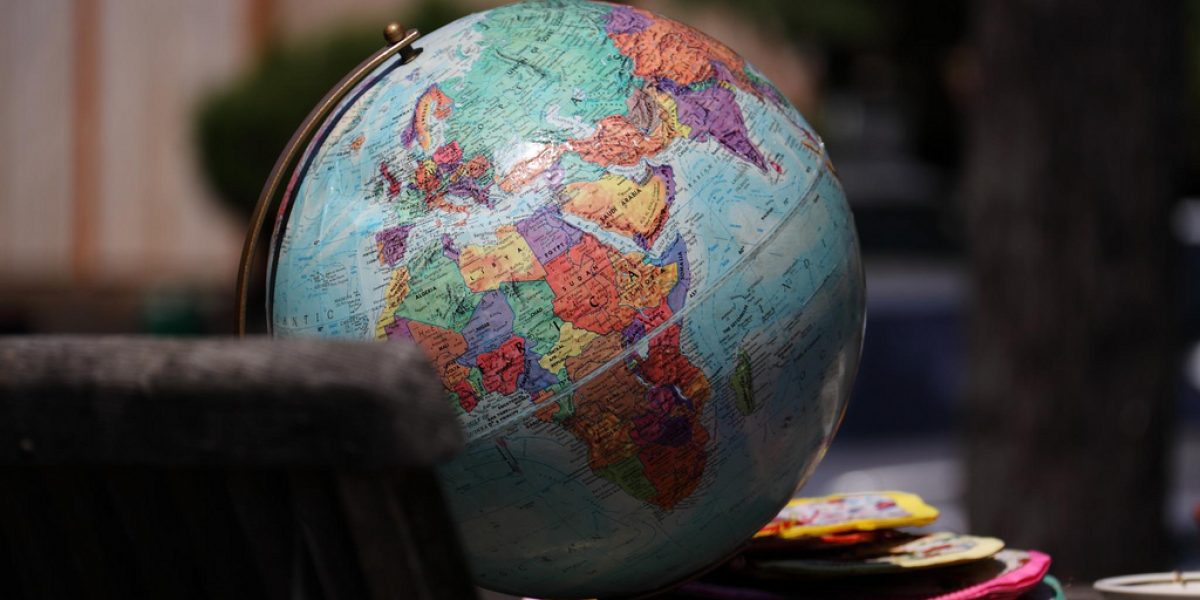Poor growth by African governments during the past 40 years resulted in the worst aggregated economic disaster of the 20th century, according to a new study by the World Economic Forum (WEF). More Africans are trapped in poverty today than when the continent first began shedding the yoke of colonialism in the late 1950s.
‘The economic growth performance of the African continent has been tragically disappointing,’ write economists Elsa Artadi and Xavier Sala-i-Martin in the opening chapter of The African Competitiveness Report 2004, released at the WEF Africa summit in Maputo, Mozambique, in early June. ‘We use the word “tragic” because it has had enormous consequences for human welfare: hundreds of millions of citizens have become poor as a direct consequence of this dismal economic performance.’
From 1960 to 2002, the report shows, per capita gross domestic product across sub-Saharan Africa rose from an average of $1,500 to just $2,000. Since the peak in 1974, aggregated GDP across that region has declined 11%. As a result, the proportion of people from sub-Saharan countries living on less than $1 per day has risen from 48% in 1970 to 60% in 1995. North African states have faired only slightly better.
But the same factors that explain Africa’s poor economic growth, the report concludes, also suggest ways to move the continent forward. These include minimal investment in physical capital; failure to attract foreign direct investment (FDI); neglect of human capital; low degrees of openness to international forces; excessive public spending; and perpetual conflict.
For example, between 1989 and 1994 Africa received only about 2% of global FDI inflows; by 2000 that share had shrunk to 0.7%. Now it is 1.7%. In the same period, FDI inflows to Latin America and Asia stood at 8.7% and 23.3%, respectively.
Creating larger and wealthier markets in Africa is critical to capturing a greater share of global foreign investment, writes Augusto Lopez-Carlos, a chief economist at the Global Competitiveness Programme at the WEF.
Artadi and Sala-i-Martin add: ‘Other important factors which, if changed, will contribute to African growth, include institutions that can guarantee the rule of law and property rights, investment in education, reduction of policy distortions that make investment excessively expensive, and reduction of wasteful consumption expenditures.’
Also inhibiting growth in Africa are the HIV/AIDS epidemic, inadequate infrastructure and poor governance. ‘HIV/AIDS is a hidden tax on trade and investment,’ writes Alan Whiteside, an AIDS economist, in a chapter on Health, Economic Growth, and Competitiveness in Africa.
On infrastructure, Peter Watson, a former World Bank director, suggests a regional approach that could see more countries pulling their resources together: ‘The concept of regional infrastructure is important because African economies are typically too small to generate the economies of scale that can be found in larger markets.’
Pooling resources can increase economic efficiency, the report authors note. In West Africa, for example, the gas pipeline for cheaper gas from Nigeria could save Benin, Togo and Ghana almost $500 million in energy costs over a period of 20 years, according to World Bank estimates. ‘Why, when the evidence of the potential benefits of integration and co-operation seem so strong, can nations not come together to take advantage of them?’ Watson asks.
The report notes that African governments lack four critical elements that could promote organised socio-politico-economic change: vision, consensus, concerted action and continuity.
‘Africa’s growth performance was the largest economic disaster of the 20th century. We can prevent it from being the largest disaster of the 21st,’ Artadi and Sala-i-Martin conclude.








